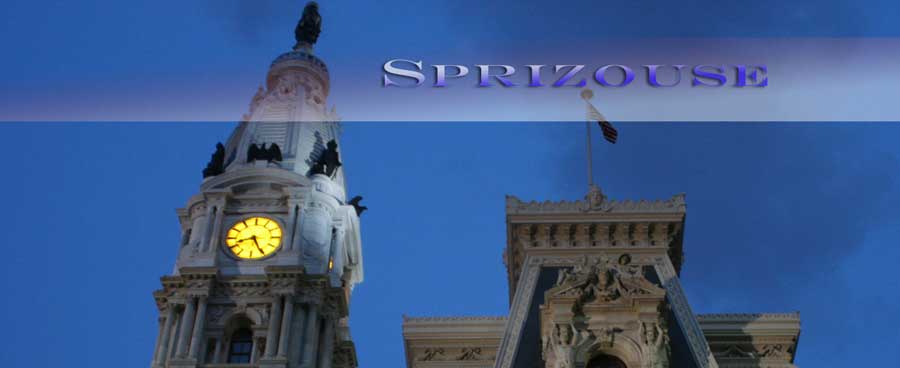A Minsky Moment is a nice description of how a bubble collapses. But after the financial crisis happened in 2008, I believe there should be another "moment" named: it's the moment that policy makers, economists, bankers and politicians forget how fragile all economies are. It's the moment they forget the lessons of history (and all the bubbles from Tulip Mania to the dot-com crash). It's at this point, when the regulations put on the financial industry by the survivors of previous panics, are unwound. It's the point at which a new generation--which has enjoyed the long-run economic benefit their ancestors helped ensure--end up making the same mistakes their grandparents and great-grandparents made. It's the moment at which people arrogantly believe that monetary policy (or some other force) can stave off depressions. It's the moment that arrogance overtakes rational economic analysis (and knowledge of history). Going forward, I propose this moment be called the Greenspan Moment.
50-years after the Great Depression (from 1931-1981) the country experienced another major financial crisis (the S&L scandals). 70-years after it, politicians repealed Glass-Steagall. And 80-years after it, the country stood on the precipice of another depression.
Will this happen in the future?
Looking back at all the financial panics and crashes in history, I'm guessing yes. We can expect Ben Bernanke to be very heavy-handed with monetary policy in the future. He'll do his level best to control asset bubbles and dampen irrational exuberance. There will be new financial regulations instituted such as counter-cyclical leverage ratios at banks. Bernanke's eventual successors will probably also have lived through the Great Recession and they'll continue the vigilance against asset bubbles, shadow banking and deregulation. But then, at some point in the future (50- or 60- or 80- or 100-years from now) there will be a Greenspan Moment. It will be the moment when the lessons are forgotten, regulations are relaxed and the next crisis happens. Mark my words it will happen. And it needs a name. I only hope that, after the next Greenspan Moment, celebrated economists don't once again forget the lessons of Keynes and fiscal spending.




No comments:
Post a Comment